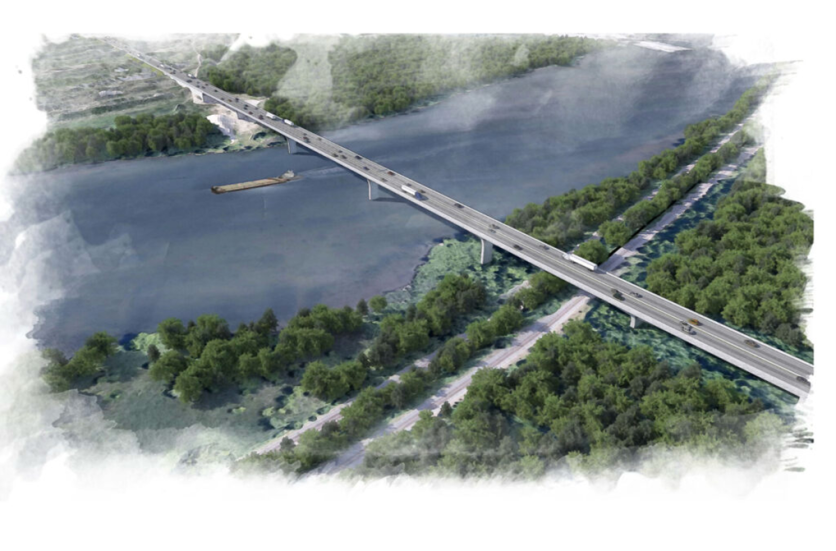
The American Society of Civil Engineers estimates that repairing America's failing infrastructure to modern standards would cost multiple trillions of dollars—a figure that dwarfs both the nation's defense budget and recent infrastructure legislation.
"The money doesn't exist for these repairs, and time is running out to get them done," warned Bob Hellman, CEO of American Infrastructure Partners, in a recent op-ed. "Waiting for the next bridge collapse to respond is not a sign of good government decision-making or leadership."
Hellman says that 120,000 bridges across the United States are in critical disrepair. "Our interstate highway system—once the envy of the world—has been graded a C by the American Society of Civil Engineers," he explains in a recent interview.
This deterioration of critical assets is a looming crisis that threatens public safety and economic vitality.
"Our roads and bridges are crumbling after decades of massive use but financial neglect," wrote Hellman in his op-ed. "The federal government is in no position to fill the breach."
A Crisis Decades in the Making
The scale of America's infrastructure problem becomes clearer with each passing year. The New York Times recently reported that 25% of all bridges in the United States were constructed before 1960, during an era when engineers couldn't have anticipated today's traffic volumes or the extreme temperature fluctuations and storm conditions brought by climate change.
"We have a bridge crisis that is specifically tied to extreme weather events," Paul Chinowsky, a civil engineering professor at the University of Colorado Boulder, told The New York Times. "These are not things that would happen under normal climate circumstances. These are not things that we've ever seen at this rate."
Research published in PLoS ONE suggests that one-quarter of all steel bridges in the country could collapse by 2050. The March 2024 collapse of Baltimore's Francis Scott Key Bridge brought momentary attention to this crisis, but Hellman notes the public's concern was fleeting: "It took four days for that disaster to go from the front page to page 14 in the newspapers."
The 2021 Infrastructure Investment and Jobs Act, a bipartisan federal infrastructure bill allocated $1.2 trillion for various projects, might seem like a solution. However, the math tells a different story. When distributed across states specifically for bridge repair, the bill provides approximately $80 million per state annually over six years.
"A single bridge costs about $100 million," Hellman says. "That's tantamount to getting enough money to paint the stuff that's out there."
The Hidden Costs of Public Projects
Traditional government-led infrastructure projects frequently face cost overruns and delays. Boston's Big Dig exceeded its budget by nearly 600%. California's high-speed rail is tracking toward at least 300% over budget. The Gordie Howe Bridge between the United States and Canada is now projected to cost 127% more than initial estimates.
The problem, Hellman explains, stems from a fundamental lack of expertise at the local level. "When a local government tries to conduct a big infrastructure project, it's probably the first bridge that a mayor has ever built," he says. "Not surprisingly, they don't know how to put in proper controls or proper management."
And while public coffers struggle to meet infrastructure needs, institutional private infrastructure funds have accumulated more than $4.5 trillion under management over the past 40 years. These funds offer a proven alternative to traditional public financing.
Speed, Efficiency, and Advantage
Private infrastructure projects typically move faster and stay on budget more reliably than their public counterparts. "Private infrastructure can act with the same alacrity and speed as a private business," Hellman says. "It uses the same steel suppliers and union laborers the government would use but without the time delays and cost escalation that multiple levels of overhead and political maneuvering regularly plague government-led infrastructure projects."
American Infrastructure Partners works closely with communities to address challenges involving broken infrastructure assets. By leveraging private capital and expertise, the firm aims to deliver modernized infrastructure services that address critical needs. This approach seeks to provide immediate benefits to communities while aligning with investor objectives and fostering sustainable outcomes over time.
ⓒ 2026 TECHTIMES.com All rights reserved. Do not reproduce without permission.





